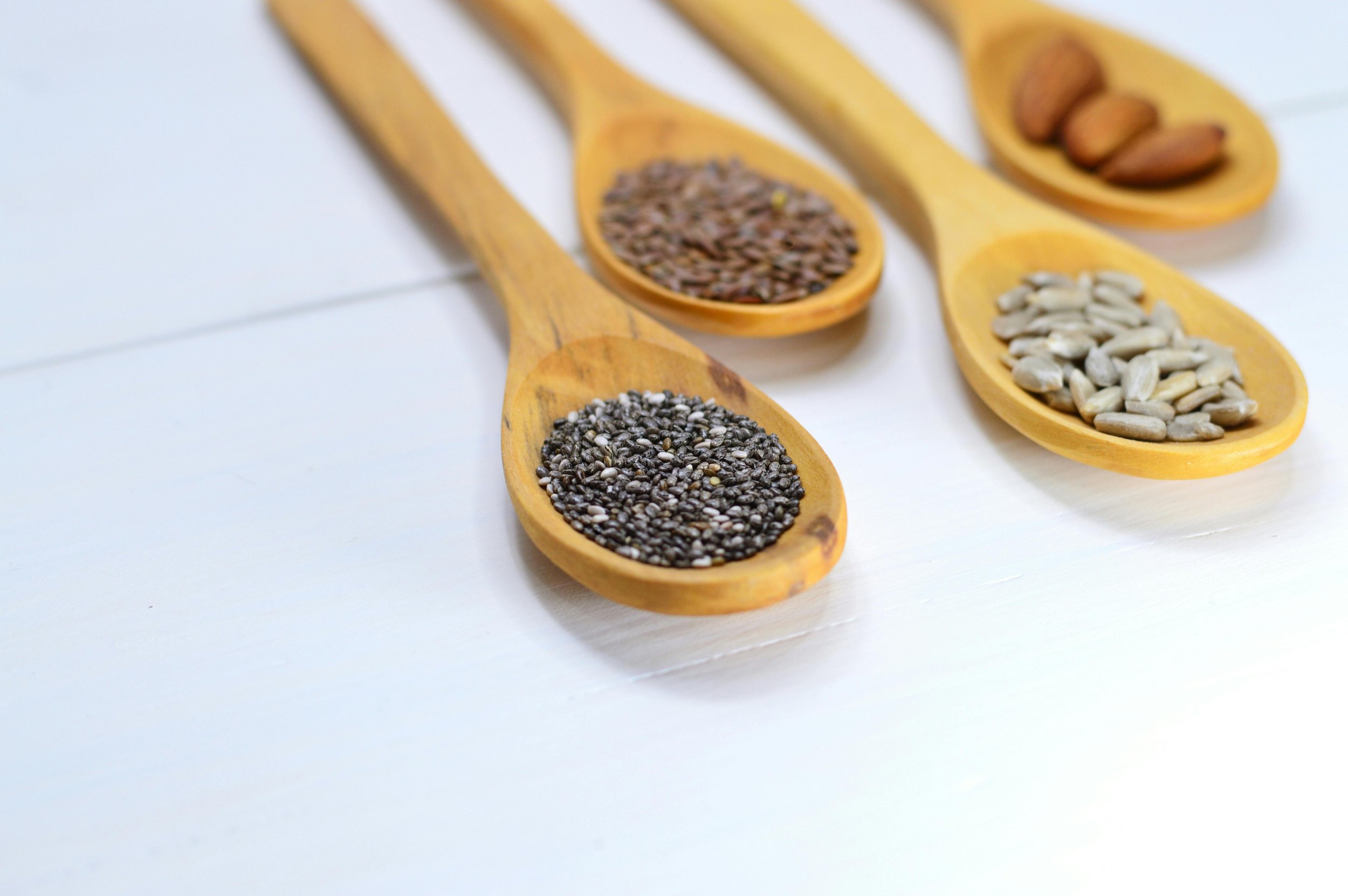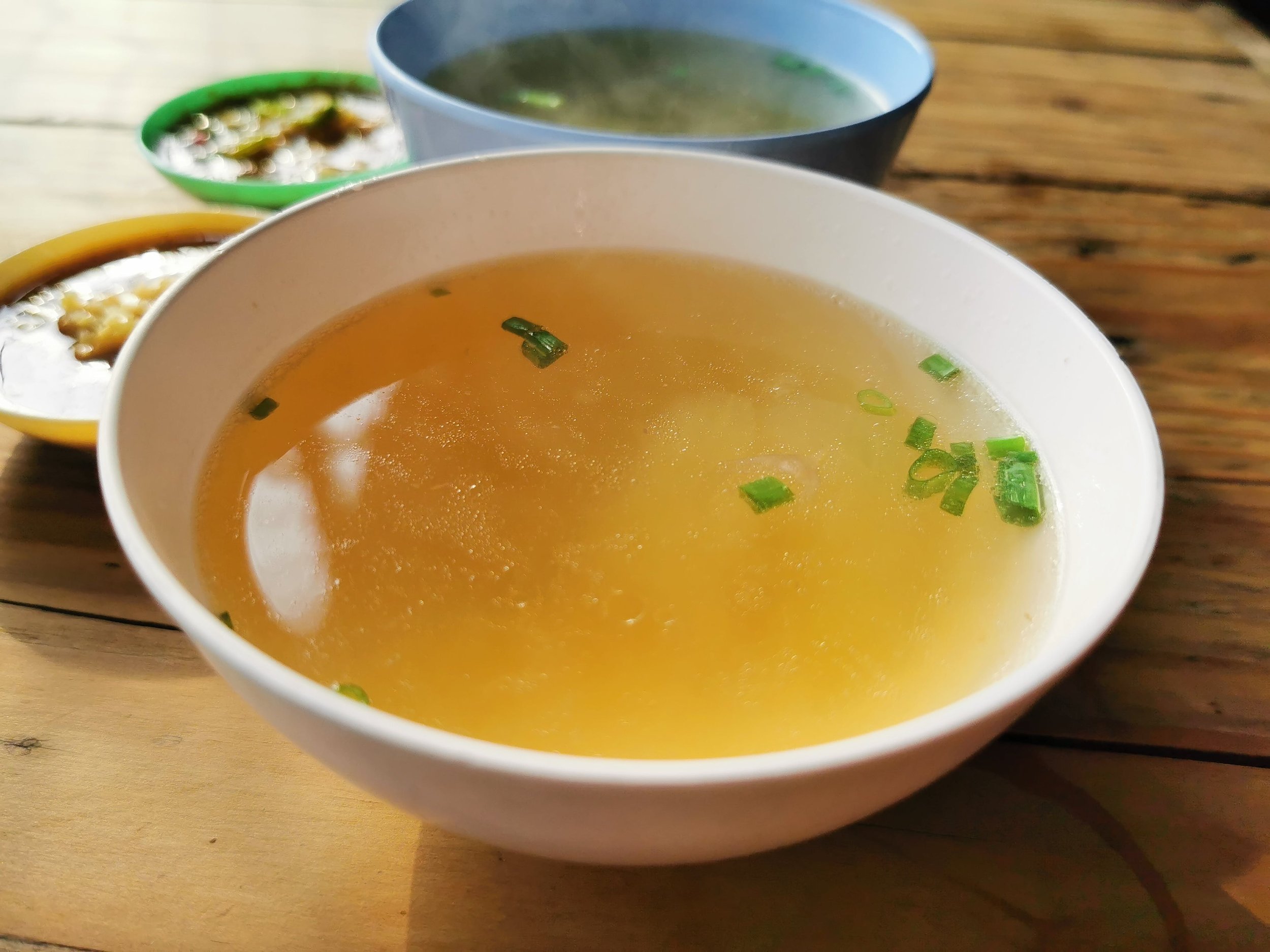Pain and Inflammation: What it is, Why it Matters, How to Prevent it
Most of us with IBS have some degree of pain and inflammation in our bodies at any point in time — even if we have our IBS symptoms under excellent control. This article, written by my amazing sister, Sarah Aitken, RN, MS, WHNP/FNP, and featured in her program, Diabetes Game Changer, is an excellent explanation of what inflammation does to us along with a run down of very practical ways we can decrease inflammation in our bodies. After reading this article, I learned some important things I will incorporate into my life and my practice and I wanted to share it with you so you can benefit from her teaching as well.

Let’s Talk Pain and Inflammation!
By Sarah Aitken, RN, MS, WHNP/FNP, Diabetes Game Changer Program
I have been a Nurse Practitioner for many years, and during that time I would guess that I have diagnosed hundreds of people with various chronic inflammatory conditions, including Fibromyalgia, Celiac Disease, Rheumatoid Arthritis, Lupus, inflammatory bowel disease, multiple sclerosis, and more. These diseases can affect almost any organ in the body, and in most cases more than one organ.
Classic signs of inflammation include joint stiffness, muscle pain, trigger point pain, bowel problems, rashes, sleep problems, fatigue, fevers, confusion, and memory loss.
But little known to the lay person are the diseases CAUSED by chronic inflammation, including cancer, heart disease, diabetes, Alzheimer’s, depression, and more.
In the medical community, we refer to inflammation as “the secret killer.”
In 1891 American oncologist William Coley noticed a connection between bacterial infections and cancer tumor regression, and he developed extracts of bacteria that he used to try to intentionally reduce tumor size in humans. He called them “Coley’s toxins.”
Eventually, further research isolated the beneficial component in the “toxin” as a lipopolysaccharide created by the bacteria used by Coley, and researcher M. Shear was the first to demonstrate its ability to reduce tumors in animal studies.
Today we know that TNF (Tumor Necrosis Factor) is an extremely important component of our immune system and is critical for protection against infection.
In addition, we have developed medical therapies that use TNF to reduce tumor size.
However, TNF is a double-edged sword.
More IBS Game Changer Tips and Tools
This is the third post in my new series, where I’ll share practical, science-backed strategies that have helped thousands of people reclaim their lives from IBS. No miracle cures or one-size-fits-all solutions—just real tools that work.
This is the third post in my new series, where I’ll share practical, science-backed strategies that have helped thousands of people reclaim their lives from IBS. No miracle cures or one-size-fits-all solutions—just real tools that work.
This is the second post in my new series, where I’ll share practical, science-backed strategies that have helped thousands of people reclaim their lives from IBS. No miracle cures or one-size-fits-all solutions—just real tools that work.
This is the first post in my new series, where I’ll share practical, science-backed strategies that have helped thousands of people reclaim their lives from IBS. No miracle cures or one-size-fits-all solutions—just real tools that work.
After the holidays or any time you want to improve your relationship with food, use these techniques to master mindful eating and regain control of your health.
Plant variety is only part of the picture. There’s another factor that doesn’t get as much attention but plays a big role in microbiome health: your sodium intake.
Garleek is a vegetable that's a cross between garlic and leeks, and the low-FODMAP greens add a wonderful flavor to your savory dishes
In this blog post I’m sharing 8 strategies to overcome the feelings of discouragement and fear that may be standing in the way of your success.
If you want to try a food that has not yet been tested and added to one of the low-FODMAP apps , one of the most important tools in your low-FODMAP arsenal is self-testing.
In this blog post, I explore some of the ways deep tissue massage can support IBS symptom management, giving you one more tool in your toolbox to find a holistic path to comfort and well-being.
One of the biggest challenges when struggling with gut issues is getting answers to your many questions about cause and treatment. With this in mind, we in the content creator space, work hard to bring you specific and actionable information to help answer your questions.
Since launching IBS Game Changer, I’ve been on a mission to support individuals living with Irritable Bowel Syndrome (IBS) by providing expert coaching, delicious recipes, and essential tips for symptom management.
In this post, I’m sharing many of the essential pantry staples I use in my recipes all the time.
One of the biggest challenges when struggling with gut issues is getting answers to your many questions about cause and treatment. With this in mind, we in the content creator space, work hard to bring you specific and actionable information to help answer your questions.
Monash University recently re-tested avocados for FODMAP content and they made an interesting discovery
In this blog post, I’m addressing the intricate relationship between anxiety and Irritable Bowel Syndrome, exploring how they impact each other, and giving you some specific things you can do to get them both under control.
Not all cheeses are created equal in terms of their compatibility with the low FODMAP diet. This article will help you make informed choices that align with both your preferences and your gut health.
The warmth and soothing nature of bone broth can provide relief from digestive discomfort. Sipping on a warm cup of bone broth may help ease symptoms such as bloating and cramping.
From Mindful Munching to making Social Connections — here are some tips for a happy holiday!
Research underscores the point that moderate-intensity exercise often outperforms vigorous exercise in relieving IBS symptoms. But individualization is key.
Taking a moment each day to acknowledge and appreciate the positive aspects of our lives can have a profound impact on our well-being.





























